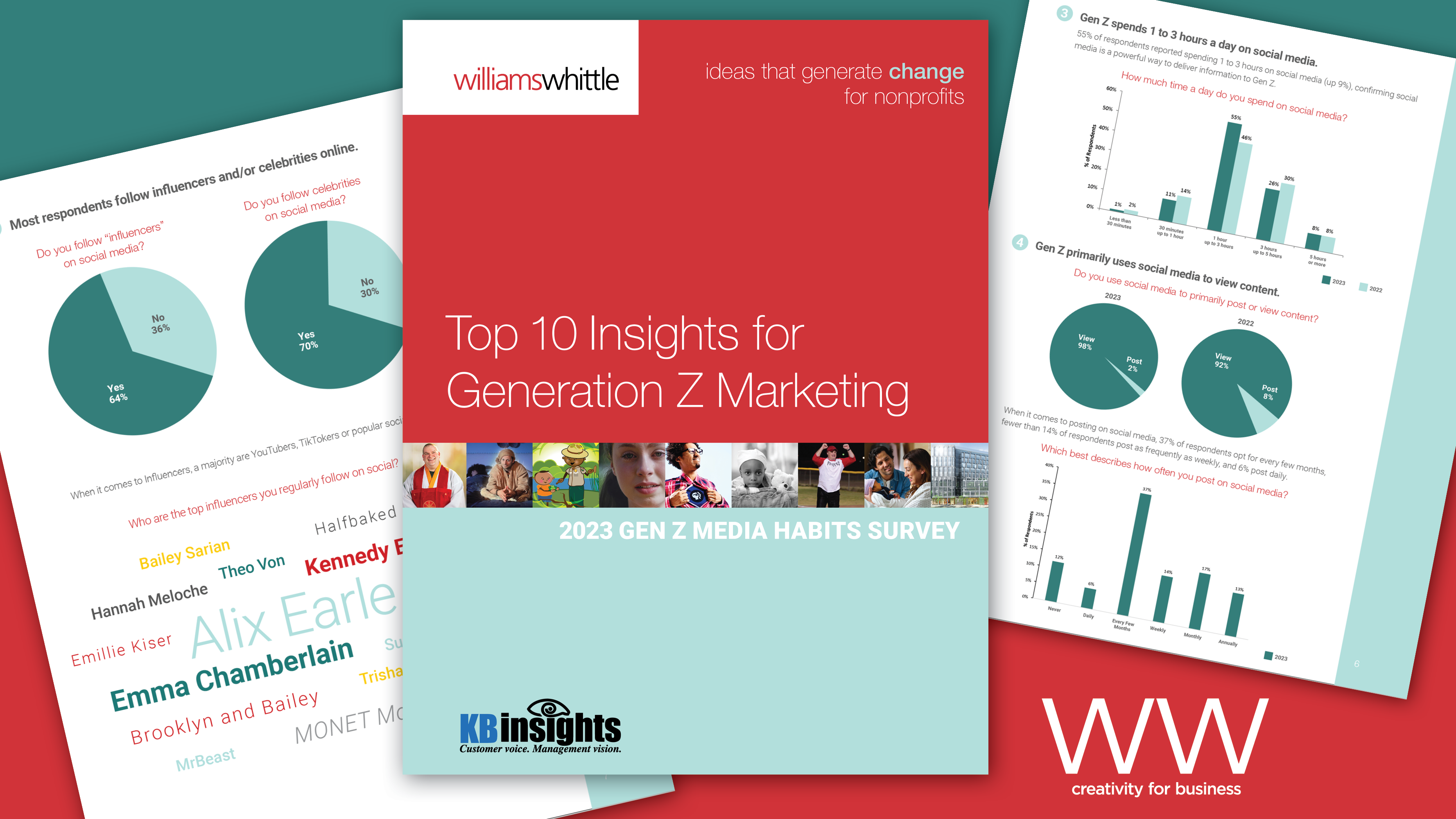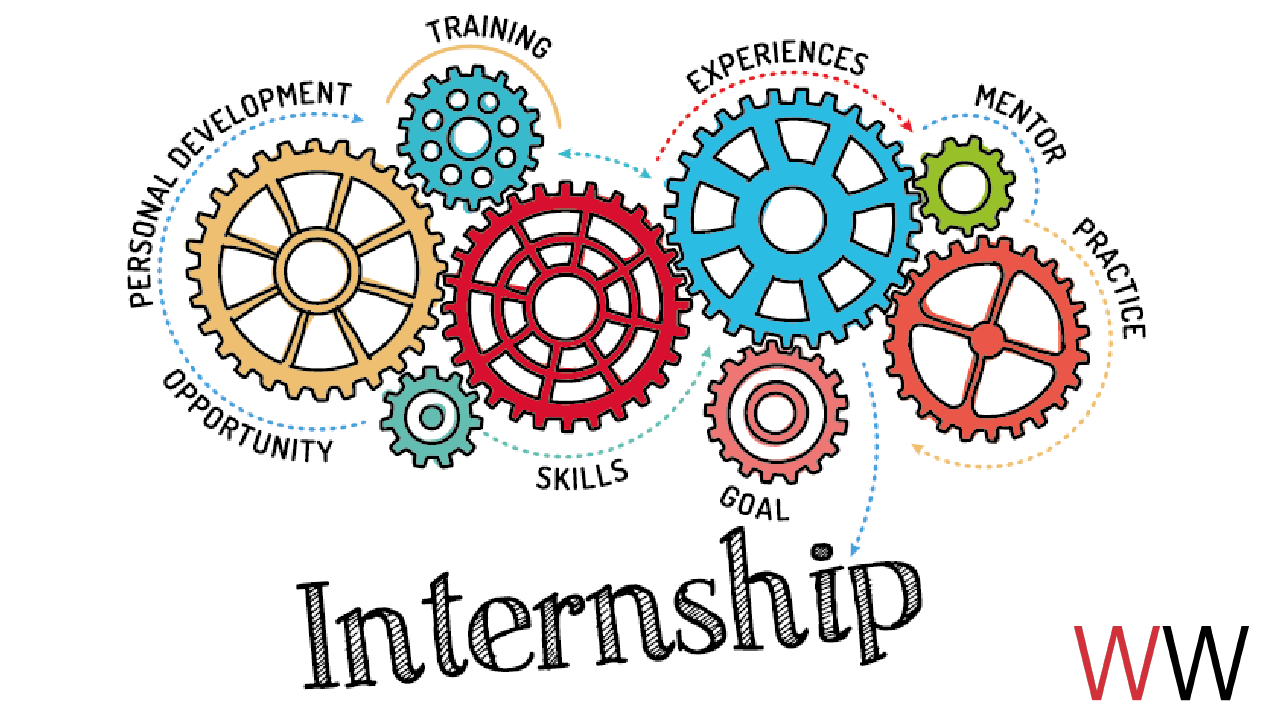In March 2023, Williams Whittle conducted a survey of 11-26 year olds (“Gen Z”) throughout the United States in order to understand their media habits and preferences. Minors were required to gain parental permission before participating. A similar study was conducted in 2022, giving us the ability to view how trends have shifted in the last year.
- Gen Z prefers to communicate by text.
The majority of the survey respondents favor text for everyday communication. However, this year we saw large increases in the preference for phone calls (up 21%) and FaceTime/similar video calling platforms (up 10%). Similar results were recorded when asked about communicating with friends, guardians, family members and relatives.
- Gen Z remains the most active on Instagram.
When asked to record which social platforms are used most frequently, Instagram was first with over 84% citing regular use. Snapchat was next with 76% (up 7% from last year), followed by TikTok, YouTube, and Twitter. This year BeReal replaced Clubhouse on the survey with 28% of respondents citing regular use.
- On average, Gen Z spends 1-3 hours on social media a day.
55% of respondents cited 1-3 hours a day (up 9%) and 26% cited 3 to 5 hours of use per day (down 4%). This underscores the notion that social media is a powerful way to engage with Gen Z.
- Gen Z primarily uses social media to view content.
When it comes to posting on social media, 37% of respondents opt for every few months. Fewer than 14% reported posting as frequently as weekly and 6% reported posting daily.
- Over 50% of respondents follow influencers and/or celebrities online.
When it comes to influencers, a majority are YouTubers, TikTokers or popular social media figures. The three most mentioned influencers were Alix Earle, Emma Chamberlin and Kennedy Eurich. Gen Z largely views music stars, actors/actresses and political commentators as celebrities. The three most mentioned celebrities were Selena Gomez, The Rock and Taylor Swift.
- Podcasts remain popular among Gen Z.
65% of respondents reported listening to podcasts, up 5% from last year. The top-mentioned podcasts were Anything Goes with Emma Chamberlin, The Joe Rogan Experience and Call Her Daddy with Alex Cooper.
- Gen Z is responsive to social media advertising.
Nearly 80% of respondents reported they had clicked on a social media ad, the same as last year. 75% reported purchasing something that was previously advertised to them on social media (up 4%), demonstrating the influence social media has on Gen Z.
- Social media could be the gateway to philanthropy for Gen Z.
29% of respondents reported they had clicked on a social media ad. Similarly, 75% reported having purchased something that was previously advertised to them on social media. This demonstrates the influence social media has on Gen Z.
- Poverty and human service causes rank most important with Gen Z.
Respondents were asked to select the causes most important to them. Health, animal, environmental, and racial justice charities round out the top 5. There were increases in support for faith-based entities (up 14%), military/ veteran (up 15%) and animal charities (up 5%). They were also asked where they would donate $10k given the opportunity. Common responses included organizations to which they have a personal connection, health charities, and social justice nonprofits.
- Gen Z is aware of how social media affects their mental health.
With 65% of respondents selecting that social media has both positive and negative effects on mental health, it is clear Gen Z sees social media as a double-edged sword. However, 13% of respondents reported feeling neither positive nor negative mental health effects from social media (up 6%).
Click here to view the full report.
Click here to read about the survey in Capitol Communicator.



